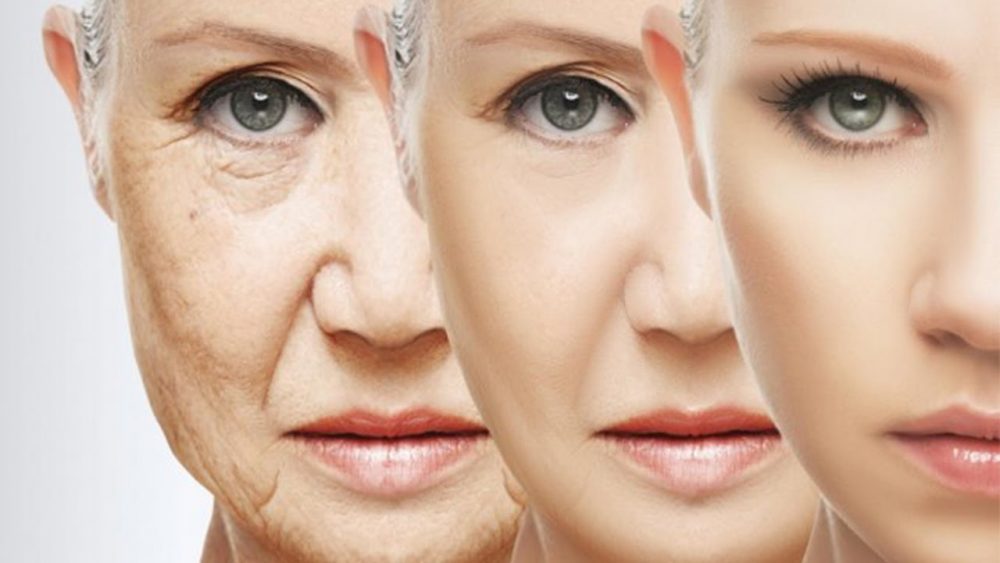Whether we like it or not, no one is spared from growing old; it comes to us all. But is aging reversible?
In a big breakthrough, scientists may have found a way to reverse the aging of human cells, which could provide answers about how to treat age-related disease.
As we get older, our cells stop working and can break down, leading to conditions like diabetes, heart disease, arthritis, and Alzheimer’s disease. This is also associated with the accumulation of “senescent” cells in tissues and organs.
Some researchers consider the accumulation of “senescent” cells as the key to the aging process.
“Senescent” cells are old deteriorated cells that not only do not function as they should but also compromise the function of the other cells that surround them.
Authors of the study explained, “We still don’t fully understand why cells become senescent as we age, but damage to DNA, exposure to inflammation and damage to the protective molecules at the end of the chromosomes – the telomeres – have all been suggested.”
“More recently, people have suggested that one driver of senescence may be loss of our ability to turn genes on and off at the right time and in the right place.”
Researchers found that removal of these particular cells has been shown to lessen the effect of aging in animals, including delaying the onset of cataracts.
Researchers concluded, “We are hopeful that in using molecular tools such as this, we will be able to eventually remove senescent cells in living people, which may allow us to target multiple age-related diseases at once. This is some way in the future yet, but it’s an exciting start.”







